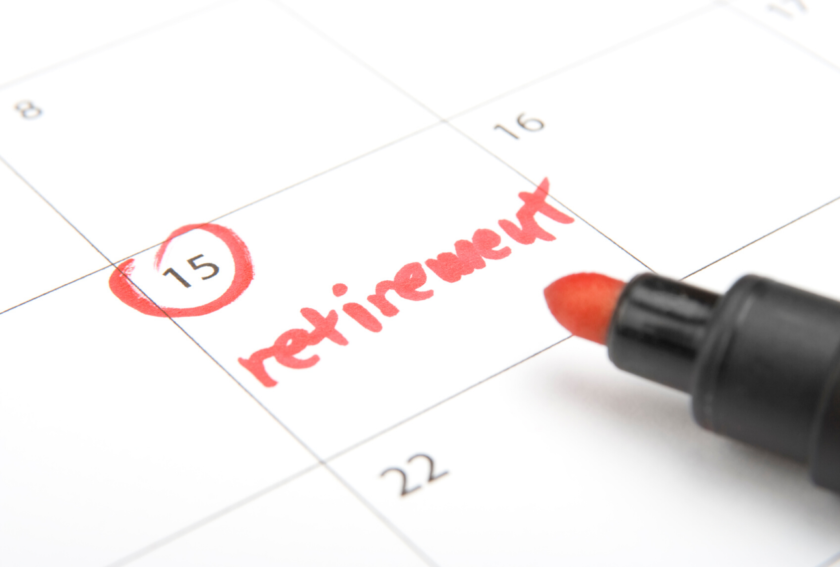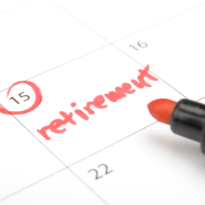Demand for retirement advice is growing in the wake of the Covid-19 crisis, new research from Aegon and NextWealth has revealed.
A new report Managing Lifetime Wealth: retirement planning in the UK, found that retirement advice accounts for an average 58% of client assets, with this figure expected to rise to 63% in the next three years.
An ageing population, the introduction of pension freedoms and the complexity of managing retirement income as well as the ongoing pandemic continues to drive the need for advice. According to the report, two fifths (40%) of advisers have seen demand for retirement advice increase as a result of the pandemic, with 55% of advisers agreeing it has caused clients to think more about their health and longevity.
The research also looked at the impact of Covid-19 on investment portfolios and noted that while market volatility and the possibility of sequencing risk have become real rather than hypothetical, the vast majority (90%) of advisers say that portfolios used for retirement have performed as expected. Just 6% have changed their investment strategy as a result of the pandemic and subsequent market shifts, while nearly half (47%) of advisers say that clients viewed the stock market fall in 2020 as a buying opportunity.
Meanwhile, the biggest challenge facing advisers as a result of the pandemic has been new client acquisition. Nearly six in ten (56%) say taking on new clients in current conditions is significantly harder. However, 43% of advisers believe their businesses were more efficient in a virtual world, versus 21% who disagreed.
Ronnie Taylor, chief distribution officer, Aegon, said: “Retirement advice has become an increasingly important part of adviser business in recent years and the coronavirus has further highlighted the value of advice in this area. Alongside market volatility, some retirees will have experienced significant changes to their personal circumstances over the last year causing a re-evaluation of long-term goals or to think about their health more. For others, the market falls at the beginning of lockdown may have presented a buying opportunity while equity prices were depressed.
“These situations are often complex with lasting consequences and advisers are well positioned to help their clients navigate through periods of uncertainty. The research shows an overwhelming majority of advisers have seen the portfolios they use for retirement perform as expected, with cash buffers allowing clients to leave investments untouched during the market dip.”
Heather Hopkins, managing director, Next Wealth, added: “Financial advisers overwhelmingly told us that portfolios for retired clients performed as expected, despite the market volatility in the early months of the pandemic. This is good news. After more than a decade of steadily rising markets, financial plans were put to the test and for the most part, they worked.”




































